Collagen – it's a buzzword that's been making waves in the world of health and beauty. You've likely heard about its remarkable benefits for skin rejuvenation, anti-ageing, joint health, and overall well-being.
But what exactly is collagen, and why is it gaining so much attention?
Is supplementation necessary to maintain optimal collagen levels and combat the effects of aging, or are there more effective methods to bolster your body's collagen reserves?
In this blog, we're going to delve deep into the world of collagen, uncovering its secrets, and separating fact from fiction.
We'll explore what collagen is, how it is produced, and how to ensure we have enough of it so we can look and feel our best. We’ll discuss whether supplements are helpful or just a marketing ploy, and whether we should eat collagen directly, or consume foods that boost our body’s own production.
So, whether you're a curious newcomer or a seasoned collagen enthusiast, join us on this journey to discover the science, the myths, and the true potential of collagen.
Table Of Contents:
What Exactly Is Collagen?
Collagen, often referred to as the "glue" that holds the body together, is a structural protein that plays a fundamental role in maintaining the integrity and strength of various tissues. It's the most abundant protein in the human body, making up a significant portion of our skin, tendons, ligaments, bones, and even teeth. Think of collagen as the scaffolding that supports your body's structure, allowing it to withstand tension and stress.
When it comes to skin health, collagen takes center stage. It's the key player responsible for maintaining the skin's youthful appearance, firmness, and elasticity. Imagine collagen as the scaffolding that maintains your skin’s smoothness and suppleness.
One of the remarkable characteristics of collagen is its versatility. There are over 28 different types of collagen in the body, but the most common ones are Type I, Type II, and Type III. Type I collagen, known for its strength and elasticity, is the primary component of the skin, tendons, and bones. Type II collagen is found in cartilage, while Type III is often associated with the skin and blood vessels. Each type of collagen has its unique properties and functions, making it a vital player in various bodily processes.
Collagen production naturally occurs within the body, thanks to specialized cells called fibroblasts. These cells produce collagen by stringing together amino acids, forming long chains that create the protein's distinctive triple-helix structure.
Causes Of Collagen Decline
However, as we age, there is a natural decline in collagen production (although the rate varies from person to person), leading to a range of issues such as wrinkles, fine lines, sagging skin, joint stiffness, and weakened hair and nails. This natural decline in collagen levels is one reason why supplementation has become so popular.
While genetics do play a role, external factors like UV exposure, smoking, stress, and an unhealthy diet can accelerate this process, further contributing to premature aging.
-
UV exposure
While moderate sun exposure has its benefits, such as aiding in vitamin D synthesis, excessive UV radiation can deactivate skin antioxidants and accelerate the breakdown of collagen and elastin. This can lead to diminished skin resilience, the formation of wrinkles, and potentially even cancer!
It's important to recognize that melanin pigments in the skin offer a level of photoprotection, meaning individuals with more melanin naturally possess greater sun protection. Conversely, those with lighter skin tones are more susceptible to UV-induced skin damage compared to those with darker skin tones.
-
Smoking
Smoke from cigarettes has a destructive effect on collagen in the body, particularly within arterial tissues. This association with collagen damage is a contributing factor to the heightened risk of cardiovascular disease amongst smokers.
In a study conducted in 2019, scientists observed a substantial reduction in forehead elasticity and cheek dermis thickness among individuals who smoked when compared to those who did not.
-
Diet
The food you eat plays a big role in your overall health, including the production of collagen. Surprisingly, some vitamin and nutrient deficiencies that are common in today's diets can actually stop your body from making new collagen. For example, when there aren't enough antioxidants in your diet, harmful molecules called free radicals can disrupt cellular processes and overwhelm the body's natural repair mechanisms.
To make things even more complicated, diets that don't have enough antioxidants often have too much added sugar and processed carbs. This can elevate levels of oxidative stress and inflammation in your body, which can lead to the thinning of collagen layers and make you look older.
But here's the good news: there are lots of tasty foods that are full of antioxidants and can help your body make collagen such as broccoli, spinach, carrots, potatoes, artichokes, cabbage, beetroot, radish, sweet potatoes, squash, pumpkin, kale, and many more.
-
Stress
Stress also compromises collagen production. When you're really stressed out, your body doesn't make collagen as well, and it has a hard time keeping the collagen you already have from breaking down.
During stressful situations, the body increases the secretion of hormones like epinephrine as part of the fight-or-flight response. These hormones can make the cells that create collagen, called fibroblasts, not work as well as they should. This can slow down the healing of wounds and other aspects of skin repair.
Collagen Vascular Diseases
Collagen vascular diseases represent autoimmune conditions where the body launches an attack on healthy tissue, resulting in a reduction in collagen production. Some examples are:
- Lupus: This disease involves an overactive immune system that targets healthy tissues. Symptoms frequently encompass a facial rash across the cheeks, fatigue, skin wounds, aching joints, and difficulty breathing.
- Systemic Scleroderma: Characterized by abnormal growth of collagen, this condition impacts the skin, joints, and other organs. Some common signs include swelling of the fingertips, joint pain, the appearance of spider veins, and the development of calcium deposits just beneath the skin.
- Rheumatoid Arthritis (RA): RA triggers swelling in the linings of joints in the hands and feet. Usual symptoms consist of fatigue, joint stiffness, and the formation of tissue nodules on limbs.
- Temporal arteritis: Temporal arteritis is an inflammation of the large arteries, typically those in the head. Symptoms include scalp sensitivity, jaw pain, headaches, and vision loss.
- Sjögren’s Syndrome: An autoimmune condition that can affect multiple areas of the body, often appearing concurrently with other immune syndromes such as rheumatoid arthritis. Its common symptoms include dryness in the eyes and mouth, which can eventually extend to affect joints and various organs like the skin, kidneys and liver.

Dietary Sources of Collagen
Collagen is present in animal-derived products such as meat, fish, and eggs, primarily within their connective tissues. However, before you rush off to your local market, the collagen obtained through these dietary sources isn't immediately available for use by the body as it cannot absorb collagen in its intact form. Instead, it undertakes the process of breaking down this protein into its individual amino acids, which it can then utilize for the formation of new proteins.
Amino acids essential for collagen production can be sourced from various protein-rich foods, but plant-based protein sources are often considered healthier options. Examples of plant-based protein sources include whole soy foods like tempeh and tofu, legumes such as beans and lentils, nuts, seeds, whole grains, and some vegetables too.
Among the crucial amino acids required for collagen synthesis are glycine, proline, and hydroxyproline. The most notable plant-based sources of these amino acids include mushrooms, nuts, seeds, and legumes.
Nutrients Needed For Collagen Production
Furthermore, besides protein, various other nutrients play significant roles in assisting the body's collagen synthesis processes.
1. Vitamin C
Vitamin C plays a pivotal role in collagen production by acting as a cofactor for enzymes that are essential in the synthesis of collagen fibers. Recent research even reveals that vitamin C directly influences DNA, regulating collagen levels within cells. Besides its role in collagen production, vitamin C serves as an antioxidant, protecting existing collagen from oxidative damage.
To support collagen production, incorporate vitamin C-rich foods into your diet. Citrus fruits like oranges, grapefruits, and lemons are well-known sources of vitamin C. Additionally, strawberries, kiwi, guava, and bell peppers are excellent choices.
2. Zinc, Sulfur, and Copper
Zinc is also important for collagen synthesis. It not only contributes to the creation of collagen but also aids in its breakdown and repair, promotes wound healing, and supports overall skin health. Plant-based sources of zinc include whole grains, legumes, nuts and seeds.
Sulfur, another vital cofactor for collagen synthesis and stabilization, is found in protein-rich foods and compounds like sulfinates, allicin, sulfides, thiamin, and biotin. Plant-based sources of sulfur include allium vegetables such as onions, garlic, and leeks, as well as cruciferous vegetables, whole grains, legumes, nuts and seeds.
Copper is a vital cofactor that facilitates the function of elastin and collagen. Dietary sources include whole grains, beans, tofu, potatoes, nuts, leafy greens, and dried fruit. Obtaining copper through dietary sources is crucial, as relying on supplements can lead to copper overload in the body, potentially causing more harm than a deficiency.
3. Iron, Vitamin E, and Polyphenols
Iron is essential for collagen synthesis, and insufficient iron intake can hinder collagen production and maintenance. Sources of plant-based iron include leafy greens, tofu, legumes, nuts, and seeds.
Vitamin E plays a protective role due to its antioxidant properties in preventing oxidative damage to collagen stores. Sources of vitamin E in the diet include nuts, seeds, and fruits such as mango, kiwi, and avocados.
Lastly, polyphenols, found in various plant foods, offer remarkable benefits for collagen health. These compounds reduce damage from oxidative stress as well as inflammation in the skin, inhibit the breakdown of collagen, boost collagen synthesis, and aid in maintaining an anti-inflammatory environment. Colorful fruits and vegetables like berries, grapes, cabbage, peppers, and garlic, as well as tea, coffee, and spices, are rich sources of polyphenols that contribute to collagen protection and overall skin vitality.
Collagen Supplements
Collagen supplements, available in various forms like powders, capsules, and liquids, have gained popularity for their claims to boost skin health from the inside out.
In fact, the global collagen supplements market has experienced exponential growth. In 2022, the global collagen market size was valued at USD 9.1 billion and is expected to reach USD 19.9 billion by 2030!
Many consumers are drawn to these products with the promise of enhanced beauty and well-being. Yes, beauty sells!
However, it's important to scrutinize these claims critically. Scientific evidence supporting the effectiveness of collagen supplements for skincare is still limited, and the beauty industry often relies on anecdotal testimonials and before-and-after photos in its marketing strategies.
During the digestive process in the stomach, collagen undergoes breakdown into amino acids, which are subsequently distributed throughout the body, prioritizing areas where protein is most needed. However, it's essential to note that collagen may not exclusively target specific areas as often claimed by many products.
There’s no conclusive evidence that collagen products can actually help you absorb collagen or increase your body’s own production. Many companies have been required to remove these claims from product packaging as a result.
There is some research that does indicate that collagen supplements may help to some degree relieve joint pain, promote muscle mass, prevent bone loss, and support heart health. However, more research is warranted here too.
Also, collagen found in supplements primarily originates from animals like cows, chickens, and pigs, and marine creatures such as fish, octopi, and jellyfish. (Occasionally, it may be sourced from other animals like alligators, kangaroos, and sheep.) At present, vegan collagen products are not yet available, although some are in development using genetically modified yeast or bacteria.
What’s The Best Way To Support Collagen Production?
In the world of collagen, the narrative is multifaceted, and understanding its nuances empowers you to make informed choices that align with your unique health goals.
Collagen-enhancing supplements may offer some benefits, but their effectiveness typically involves replicating the advantages of a whole-food, plant-based diet. They achieve this by incorporating nutrients that support the body's natural collagen production.
Before delving into costly powders, creams, or lotions that may empty your wallet, you might uncover the potential of obtaining these essential nutrients from your diet so you can naturally rejuvenate and nourish your skin from the inside out.
If your dietary intake doesn't suffice (especially if you have increased protein needs due to factors like age or physical activity), you can explore the option of introducing a food-based collagen booster into your daily nutrition.
Recipe Spotlight: Tomato & Pomegranate Salad
This plant-based Tomato and Pomegranate Salad is not only visually stunning with its vibrant colors, but it also offers a delightful combination of sweet, tangy, and fresh flavors. Enjoy the burst of antioxidants and nutrients from the tomatoes and pomegranate while savoring the crispness of the cucumber and the aromatic herbs. Enjoy!







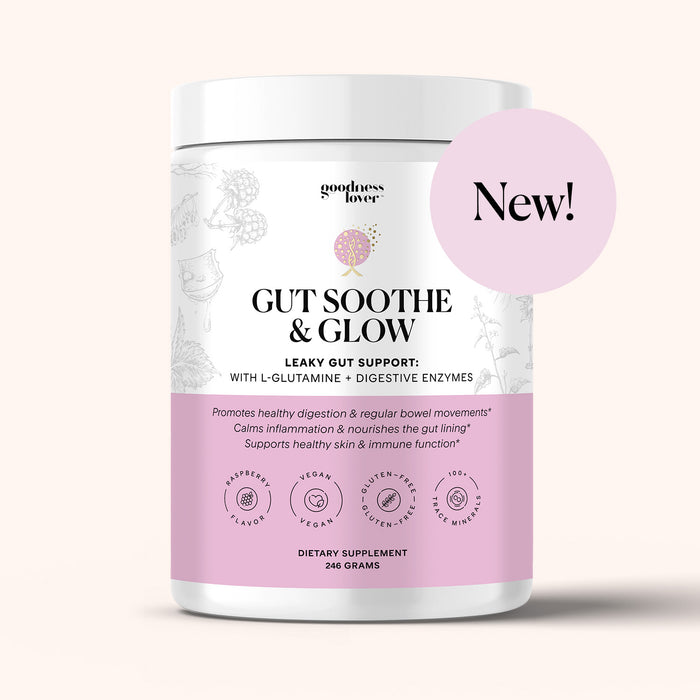

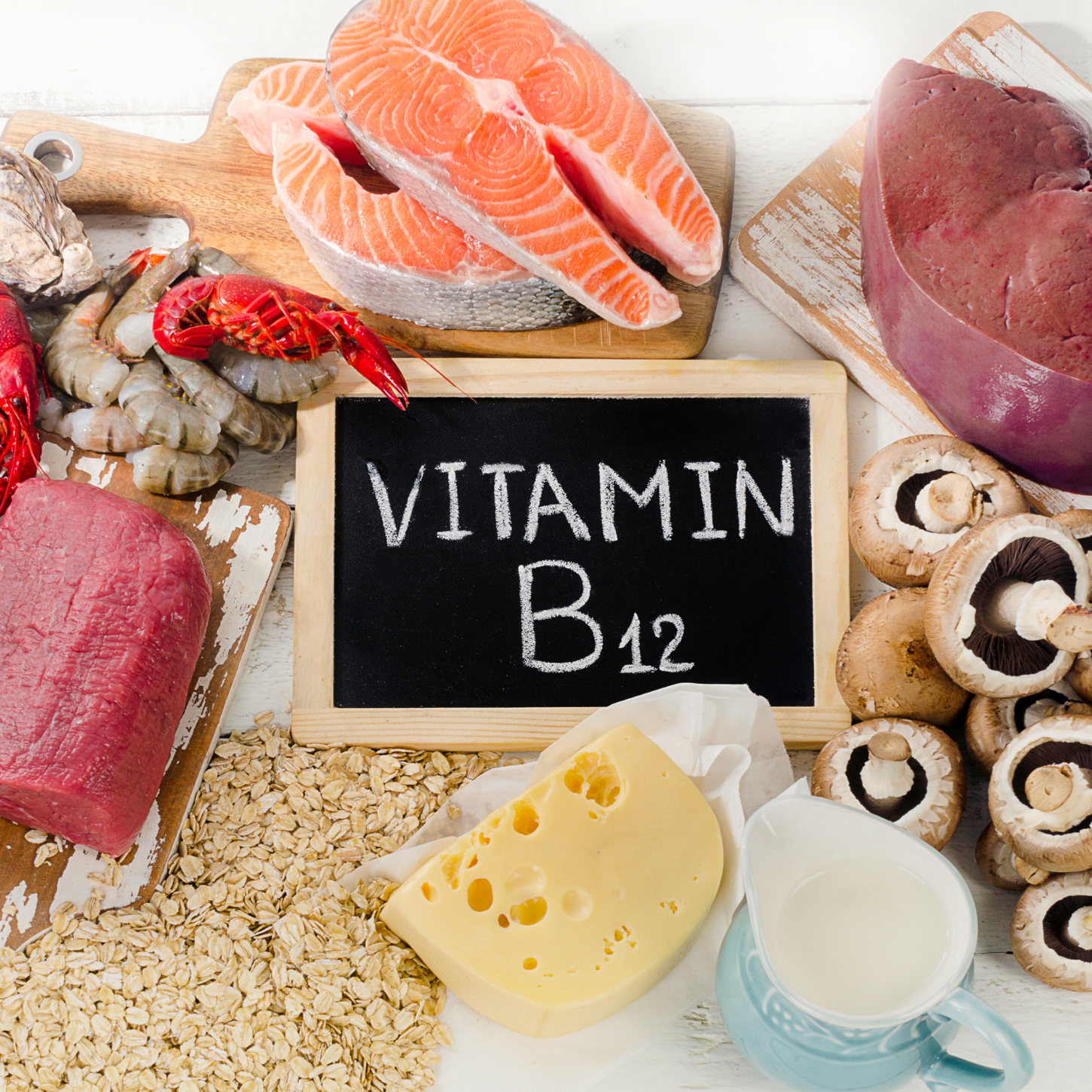
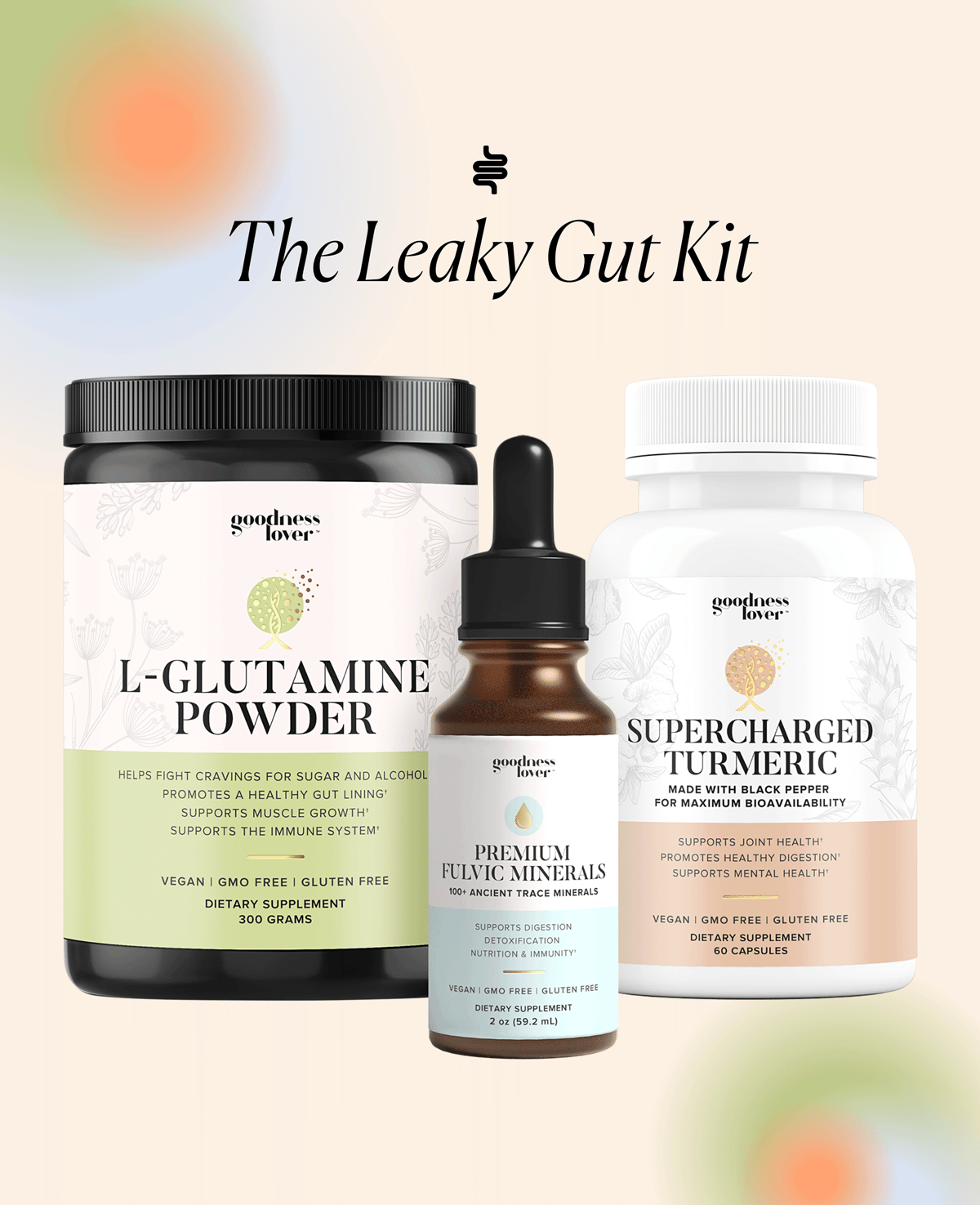
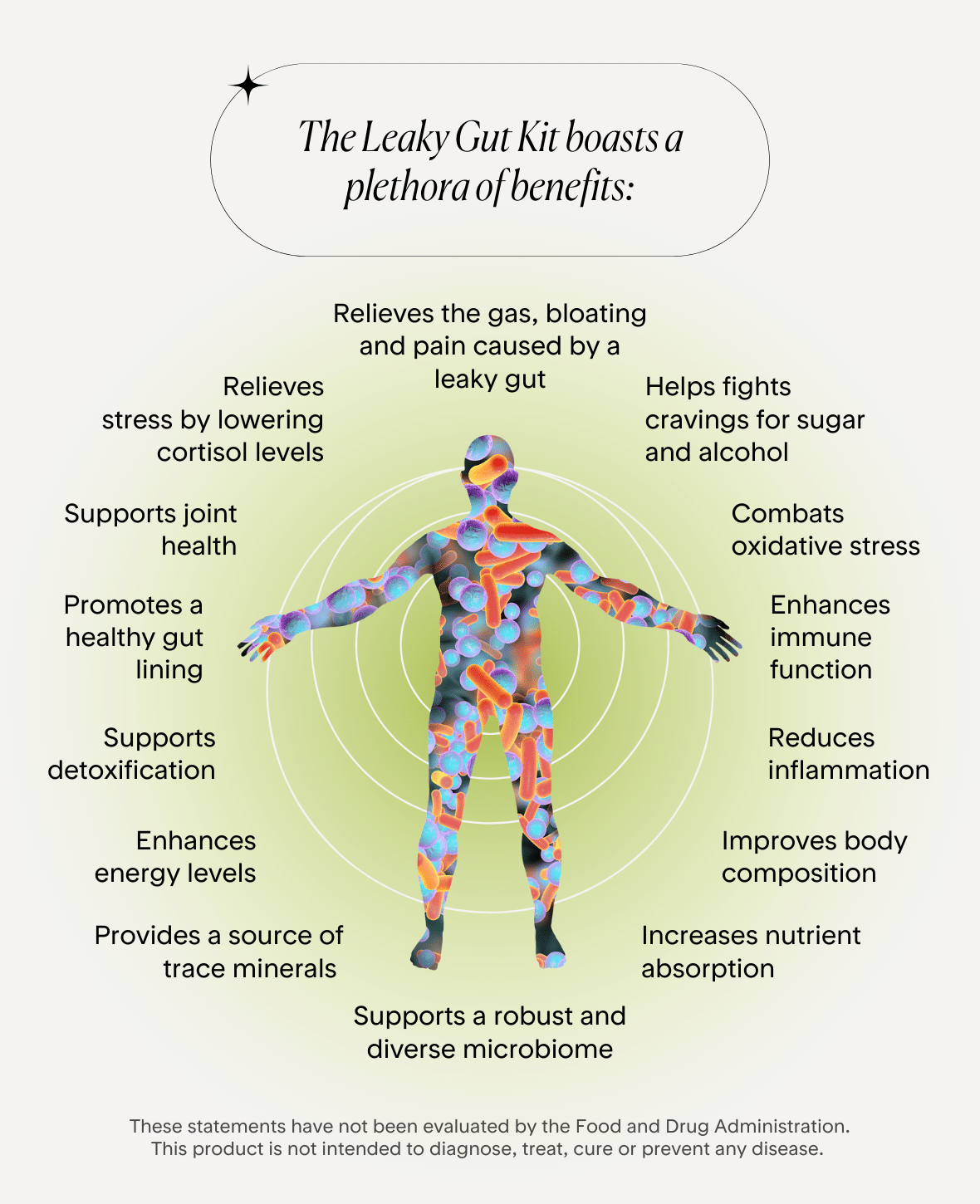
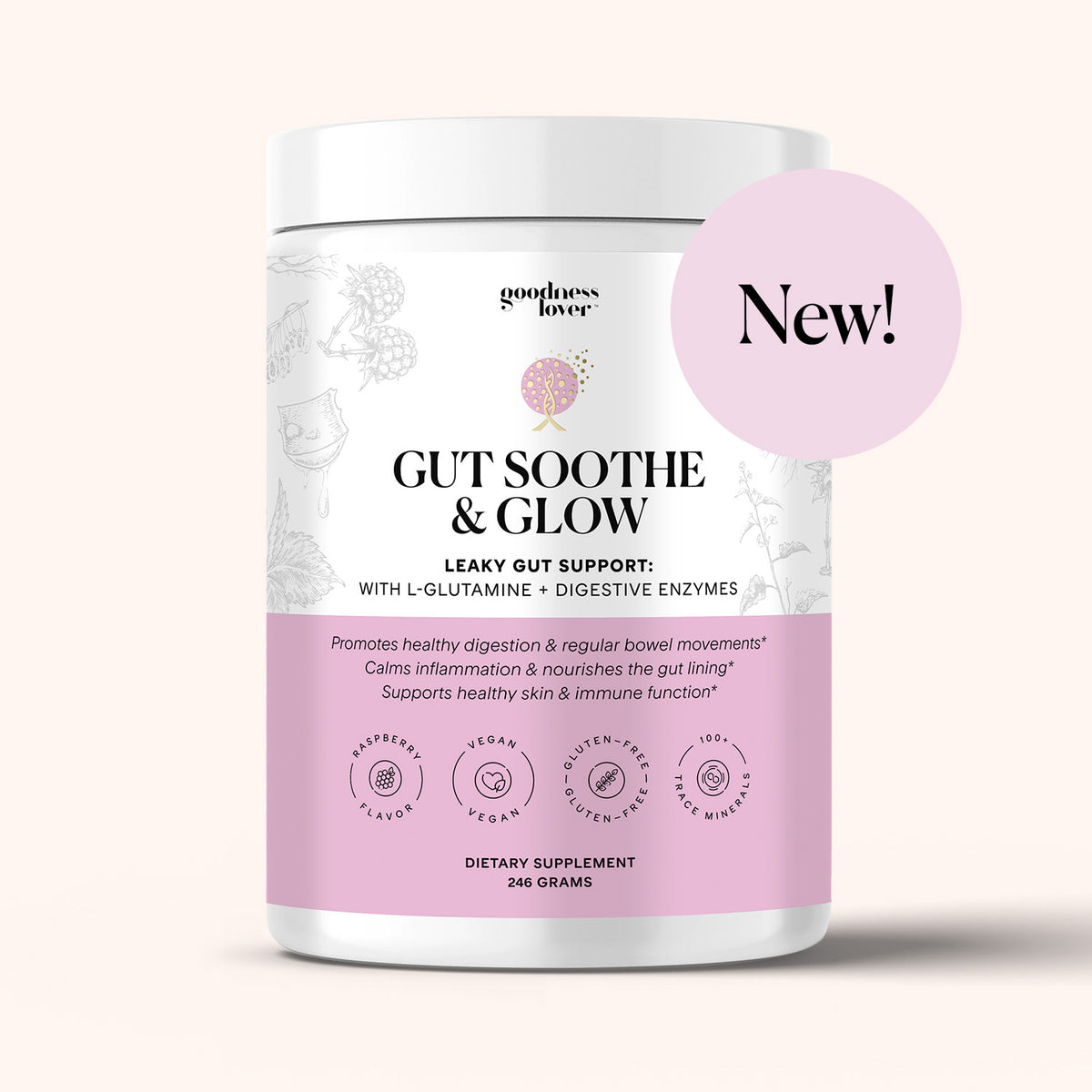
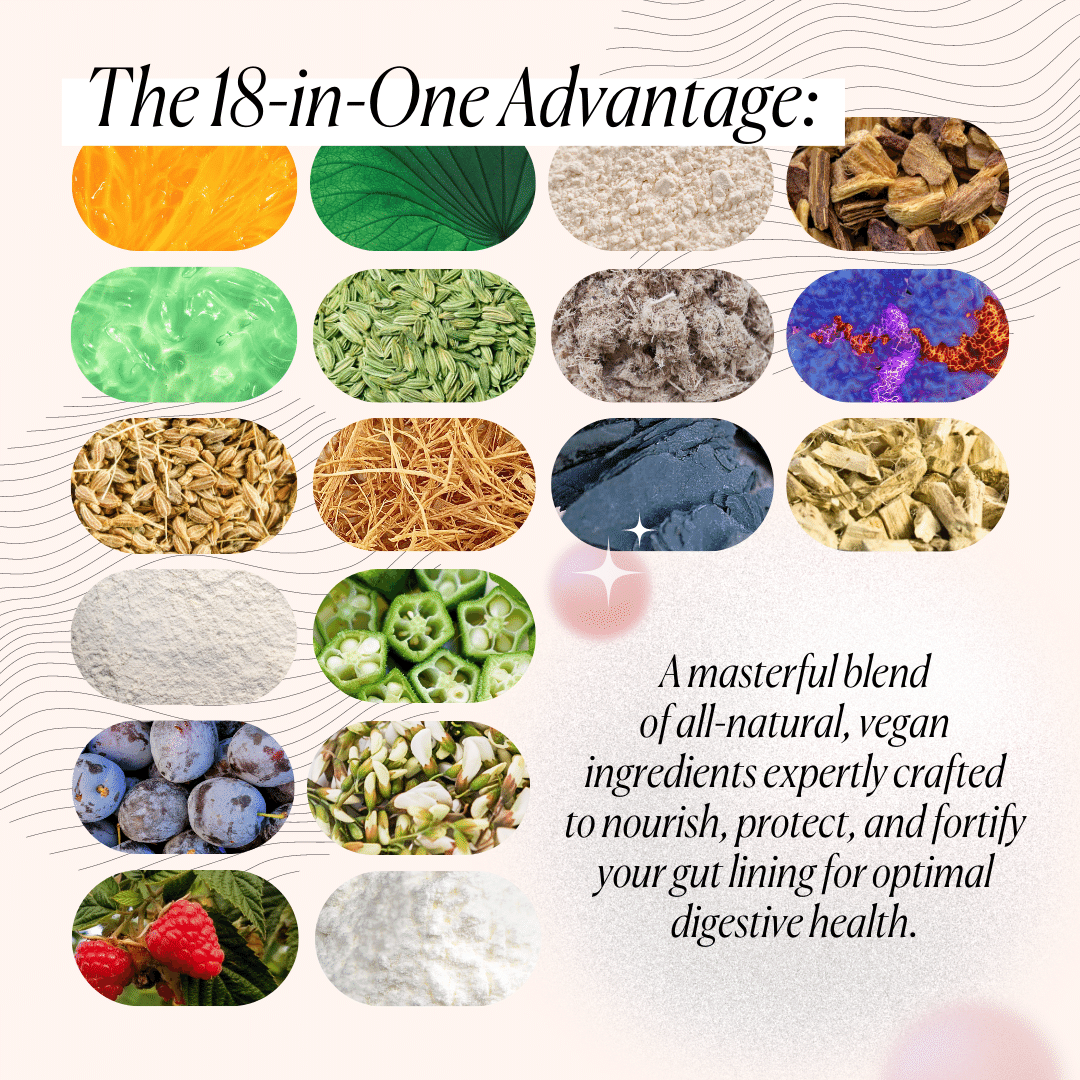





What Do You Think? Comment Below: